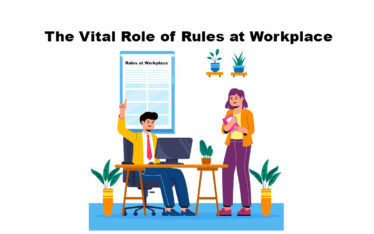With the increasing number of smartphone users in India and availability of internet at a reasonable cost, E-Commerce portals like Amazon, Flipkart, Big Basket, Grofers, etc. have prospered as its maximum use has been made by the Consumers during this pandemic situation to fulfill their daily as well as special needs sitting at home.
The Department of Consumer Affairs has recently notified Consumer Protection (E-commerce) Rules, 2020 (Rules) under the Consumer Protection Act, 2020. These Rules aim to make online retailers more accountable and their businesses more transparent.
The highlights of these Rules are summarized below.
- The rules apply to all models of e-commerce, including market places working as aggregators and inventory led models where the retailer owns the stocks.
- The E-Commerce entities should appoint a nodal contact person who is a resident in India.
- The legal name of the entity, address of headquarters, and branches with contact details to be provided on the e-commerce platform in a clear accessible, and prominent manner.
- A ticket number to be provided for each consumer complaint lodged. The grievance redressal mechanism should acknowledge the consumer complaint within 48 hours of receipt and be redressed within a month.
- Charges on cancellation of the purchase order to be borne by Consumer or E-Commerce entity in case of cancellation from either side.
- In case of market place platform, the seller is required to provide details of the country of origin in case of imported goods.
- Market place e-commerce entities to obtain an undertaking from sellers to ensure that the descriptions, images, and other contents of the products on their platform are accurate.
- No seller can refuse to take back goods or refuse to refund the consideration if such goods are defective, deficient, or spurious.
- The e-commerce players are required to mention the Expiry Date of goods offered for sale.
- E-commerce companies are not allowed to manipulate the price of the goods and services offered on their platforms to gain unreasonable profit and discriminate between consumers of the same class.
- The new rules do not permit any inventory e-commerce entity to falsely represent itself as a consumer and post reviews about goods and services or misrepresent the quality or the features of any goods and services.
This decision of the Government of India to bring in these Rules is surely the right step at this right time as until now there was no specific law that dealt with these issues arising out of the e-commerce industry. The legislation provides for penal consequences for unfair trade practices, misleading advertisements, and false representations made to sell/offer goods or services on e-commerce platforms. With this, the Consumers can now expect some consistency while shopping on e-commerce platforms or otherwise and hope for faster resolutions of complaints and grievances.





